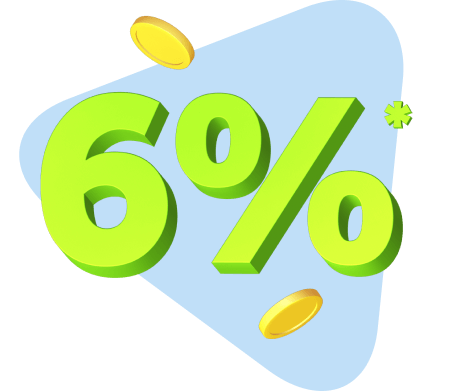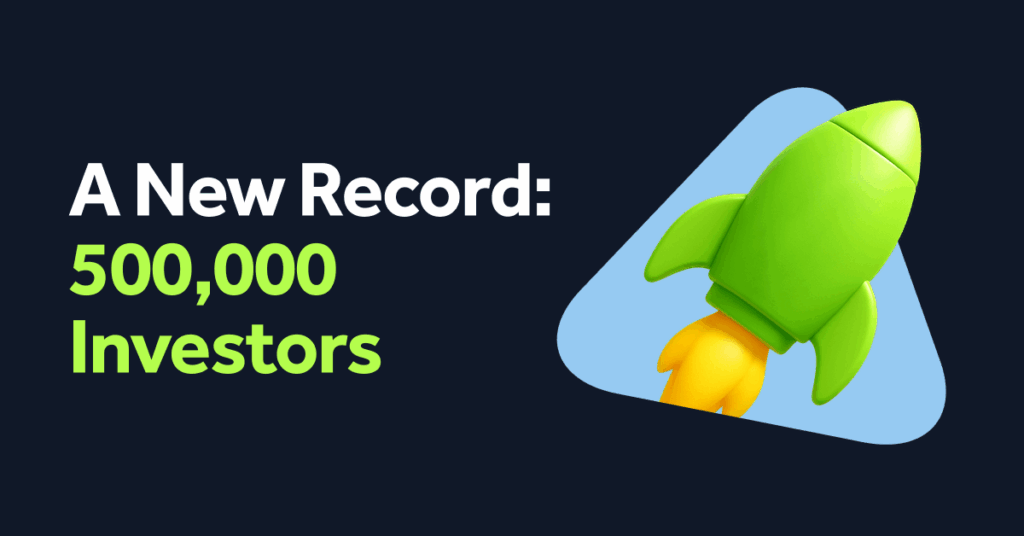2022 has been an absolute roller coaster for fintech. With lingering inflation and a recession on the horizon, the rest of the year will likely be just as volatile for fintech companies and investors. But just how bad have things been for fintechs worldwide, and what’s driving the decline in what was one of the hottest sectors in 2020 and 2021? Let’s take a look at the latest in fintech news from July 2022:

Crypto crash
While Bitcoin and other digital currencies are widely accepted as higher-risk investments, even the more conservative investors were shocked when cryptocurrencies large and small endured crippling losses of more than 60% in just a few months.
For several years now, the crypto craze has captured the attention of individual and institutional investors, who were mesmerized by cryptocurrencies’ eye-popping returns. After claiming the throne as the top-performing asset of the decade in 2021, Bitcoin continued its ascent until November of that year, when gravity finally exerted its force and brought Bitcoin back to earth.
Since then, things have gone from bad to worse for crypto. Coinbase (NASDAQ: COIN), one of the largest crypto exchanges, is down over 75% year-to-date. In early July, Voyager, a cryptocurrency brokerage and lender, suddenly suspended all trading, withdrawals, and deposits. Days later, Voyager filed for bankruptcy and is on the verge of being delisted from the Toronto Stock Exchange. And Voyager wasn’t the only crypto lender to suffer such a fate in July. Vauld, a Singapore-based crypto exchange, suspended operations entirely, leaving investors high and dry.
Looming recession hitting fintech firms harder
The threat of a global recession is hitting fintech firms especially hard, causing many companies to rethink spending and even postpone planned IPOs. Jaidev Janardana, CEO of Zopa, a British digital bank, said, “The markets are not there – not for fin, not for tech.” Initially, the company had targeted a 2022 IPO, but the war in Ukraine, inflation, and other economic threats might interfere with that timeline.
Janardana isn’t alone in identifying the lull in investor activity within the fintech space. Raising money for fintechs used to be a breeze, but lately, investors have slammed on the brakes and put the engines in reverse. In 2021, fintech companies landed investments exceeding €210 billion, but signs seem to be pointing toward a funding drought here in the second half of 2022. Iana Dimitrova, CEO of OpenPayd (a Banking as a Service, or BaaS platform), said, “within the investment community, the mood is very grim.” Other fintech CEOs are forecasting a reckoning of fintech companies that includes consolidation and closures.
Investors saying “not now” to BNPL
BNPL, or ‘buy now, pay later,’ was all the rage for investors in 2020 and 2021. As people stayed home and spent money shopping online, fintechs and BNPL were booming. But now, with recessionary risks on the rise and inflation impacting nearly every sector, investors are saying “not now” to BNPL. The challenges of recession and inflation, coupled with the potential for additional regulations, have led to investors thinking twice about putting more money into BNPL.
Fintech layoffs on the rise
For many fintech companies, the hiring spree has officially ended – or, more accurately, a screeching halt. Companies are now turning to layoffs to keep costs down and stay afloat. Klarna, the Swedish fintech and one of the largest BNPL companies in the world, announced plans to lay off 10% of its workforce, citing a need to cut costs as it prepares to raise a new round of funding.

Overall, fintech has sustained some of the worst layoffs of any industry, topping both crypto and real estate companies. In addition to Klarna letting go of roughly 700 employees, Robinhood laid off 9% of its employees earlier in 2022, while MainStreet, an American fintech, slashed its workforce by a whopping 30% in May 2022.
Fintech is down but not out; here’s where there’s hope
Though the fintech industry is reeling, not all fintechs are struggling. Here’s where we think fintech is heading and where there’s hope for growth in the coming months and years.
Open banking & payment processing
Open banking, which enables businesses to integrate third-party payment processing technologies safely, has drawn the attention of investors around the globe. According to a report, 43% of large financial institutions have already started using open banking. On the investment side, venture capitalists appear to have shifted their focus from crypto and BNPL to more practical investments like open banking, digital payments, and building a more efficient payment processing infrastructure.

Earlier in 2022, Checkout.com, a British payment solution provider, raised a whopping €1 billion series D at an eye-popping €40 billion valuation. Other UK-based fintechs who successfully raised money in 2022 include Paddle, a payments infrastructure startup that closed a €200 million Series D in May, and Bud, a fintech offering open banking solutions, which closed an €80 million B round in June.
The bottom line
The remainder of 2022 will be an interesting one for the fintech world. While investors are writing smaller checks and being more selective with their investments, innovative companies continue to attract investors. Though the fintech outlook looks bleak at this particular moment, we seem to be witnessing an inevitable market correction (many are even deeming this the bursting of the tech bubble). The result points to a move away from trendy investments like BNPL and crypto and toward more stable, profitable fintech solutions like open banking and payment processing infrastructure.




